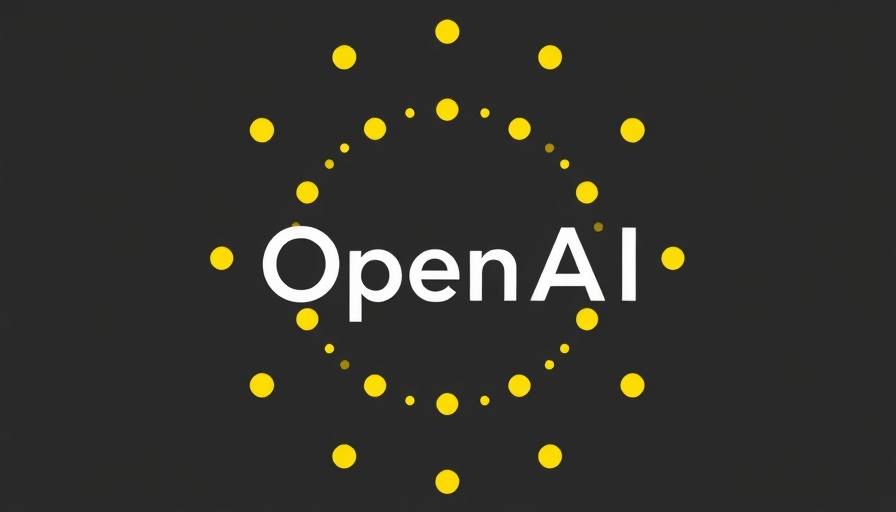
Why OpenAI’s New Development Tools Matter for AI Enthusiasts
In a bid to revolutionize the landscape of artificial intelligence, OpenAI has announced a suite of development tools aimed at simplifying the process for developers creating agentic AI systems. The newly released Responses API, along with the Agents Software Development Kit (SDK) and advanced integrated searching and observability tools, mark a significant shift in how AI agents can be constructed and managed.
Understanding the New Tools: Making AI Development Accessible
The Responses API is positioned as a critical innovation, designed to streamline agent functionality. By integrating with OpenAI’s existing APIs, this new addition allows developers to harness the potential of agentic capabilities without navigating complex systems. For instance, the API can perform real-time web searches and internal documentation searches, making it easier for AI agents to complete tasks in diverse environments. This aligns with feedback from users who found previous iterations challenging due to extensive customization and prompt integration.
The Role of the Agents SDK: Orchestrating Complex Workflows
Beyond the Responses API, OpenAI has also launched the Agents SDK, which allows developers to create multi-agent workflows with remarkable ease. This toolkit introduces customizable components such as task handoffs, guardrails for safety, and tracing features to monitor agent performance. The ability to orchestrate workflows across several agents embodies a vital step towards achieving more sophisticated AI applications.
Reflecting on Industry Trends: OpenAI Joins a Competitive Field
OpenAI’s recent announcements come amidst a flurry of activity in the agentic AI space, with competitors like Microsoft and emerging firms rapidly innovating their products. Major corporations are increasingly focusing on creating intelligent agents capable of performing intricate tasks with minimal human intervention. For example, Microsoft is testing various AI models to integrate within its Copilot suite, signaling the escalating importance of AI agents in today’s tech environment. As one result of these developments, industry estimations suggest that the AI agent market could expand from $5 billion in 2024 to an astounding $40 billion by 2029.
Practical Insights: Leveraging New AI Agent Features
For AI enthusiasts keen on utilizing these new tools, the implications are profound. With functionalities such as a computer use function that allows the development of agents performing tasks like mouse clicking and keystrokes, the potential applications are limitless. Encouraging creativity, the agent can not only support business operations but also evolve into personalized assistants across various sectors, from customer service to academic research.
Addressing Common Misconceptions: What AI Agents Really Can Do
One major misconception surrounding AI agents is that they are mainly focused on performing simple, predefined tasks. In reality, with tools like OpenAI’s new SDK, agents can now tackle complex scenarios, adapting in real-time to user inputs. This transition where AI agents progressively become more autonomous could lead to more human-like interactions, thereby enhancing the overall user experience.
Get Involved: The Call for Experimentation and Innovation
As OpenAI continues to innovate, the onus is on developers and enthusiasts to explore these new tools and experiment with their capabilities. The integration of the Responses API and Agents SDK presents a unique opportunity to contribute to the rapidly evolving field of agentic AI. AI enthusiasts should consider diving into the documentation, experimenting with real-world applications, and joining the growing community of developers pushing the boundaries of what is possible in AI.
 Add Row
Add Row  Add
Add 




 Add Row
Add Row  Add
Add 

Write A Comment